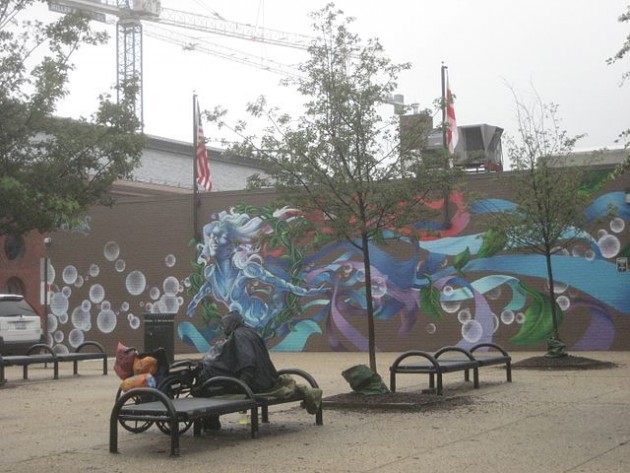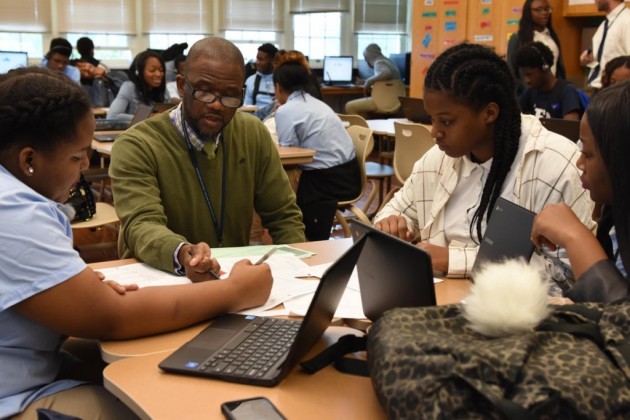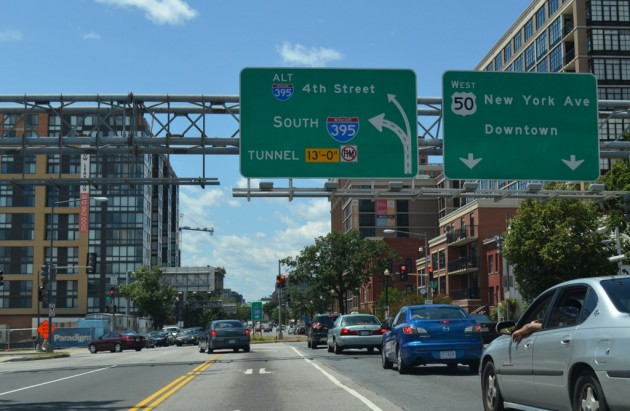“…We must make the pledge that we shall always march ahead. Wecannot turn back. There are those who are asking the devotees ofcivil rights, ‘When will you be satisfied?’: We can never besatisfied…” These words were uttered by the late Dr. MartinLuther King Jr. during his I Have a Dream Speech. His words beg thequestion “Has this generation continued to march ahead?” The answerto this is an emphatic NO. The major dilemma of this generation isinaction. We have become languid and have taken no significantsteps in order to ensure that his dream becomes reality.
The plight of Blacks today is much different from the plight ofyesteryear. Because of the enhancement of our condition, manyblacks feel that there is no need to be outspoken critics. Blackyouth have come to this conclusion because the contours andcomplexion of the discrimination blacks once experienced haschanged; activism has become obsolete. Many young people no longerfeel the urge to “overcome.” Young blacks often believe that mostof the obstructions and confines that hindered their parents andgrandparents have been eradicated. Complacency has crippled ourgeneration. We have an arrogant sense of false security. What willit take to awake the generation deprecatingly referred to as”generation-x.”
Why is our generation labeled the “X” generation? It is because wehave not yet defined our generation? The youth of the 1960’s and1970’s were able to concretely delineate themselves by theirrebellion and activism. They helped to alter the character of ourculture and society. Rebellion evokes alarm in Americans. Rebellionmight raise concerns but it is imperative in a society were socialnorms are detrimental. Slavery was a social norm; lynching was asocial norm; segregation was a social norm. Nonetheless, the spiritof activism has been the principal force in altering our socialframework for the better.



